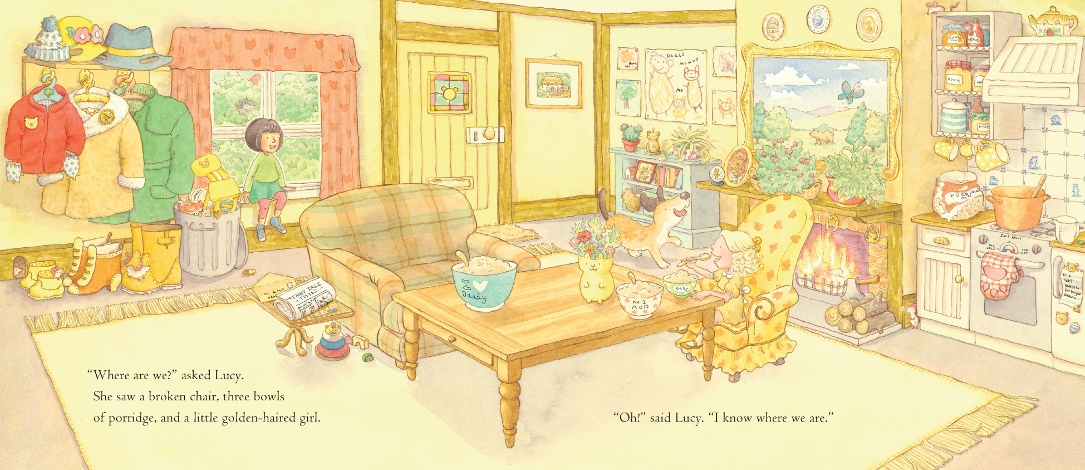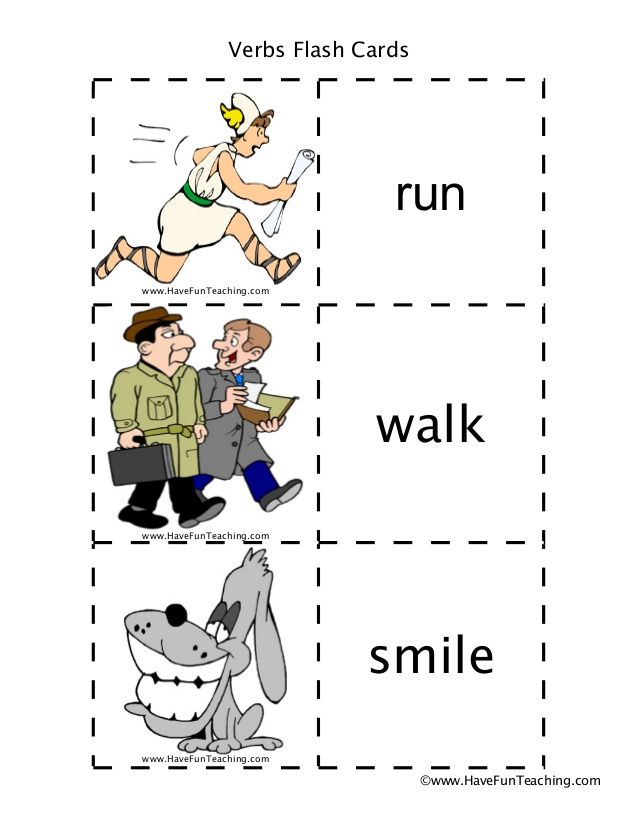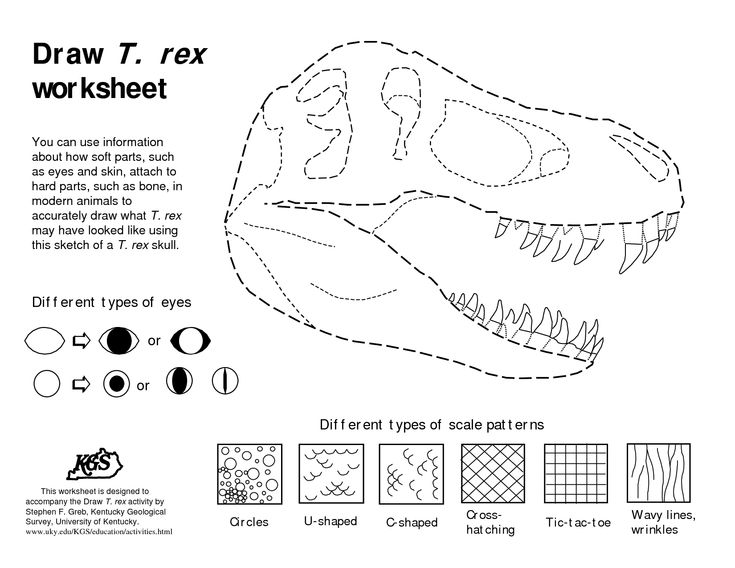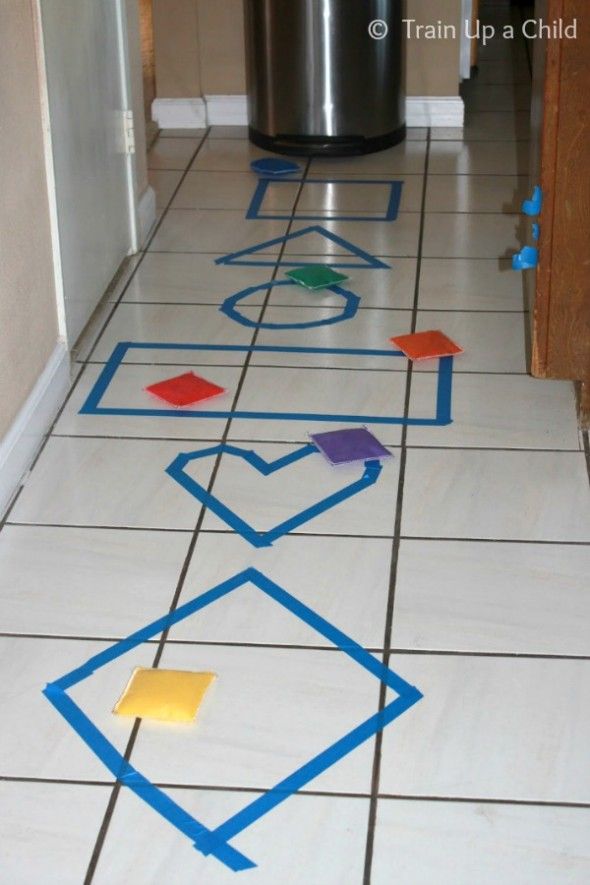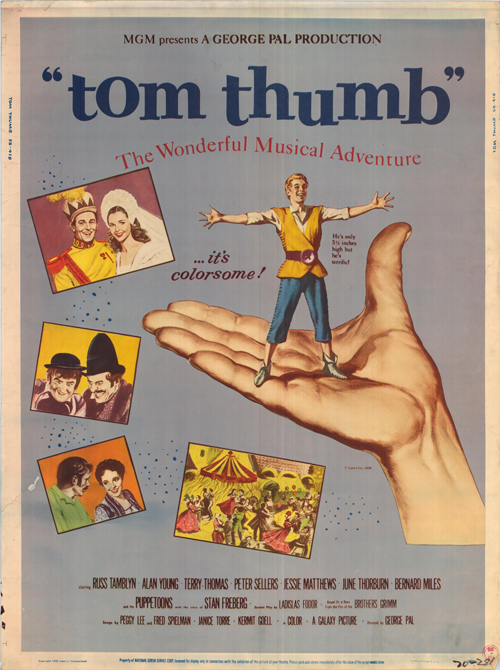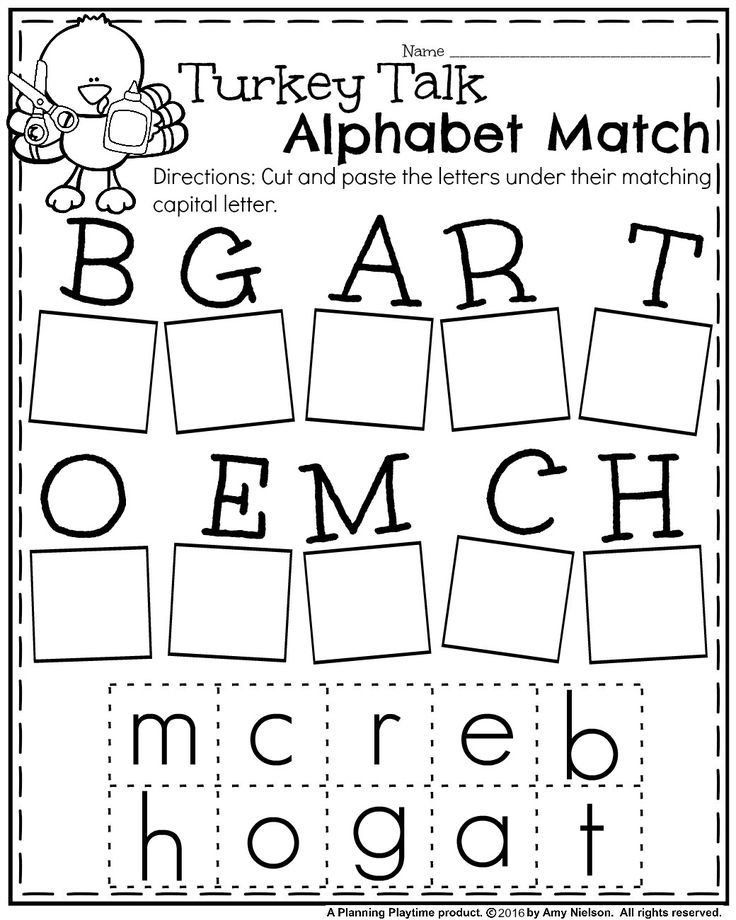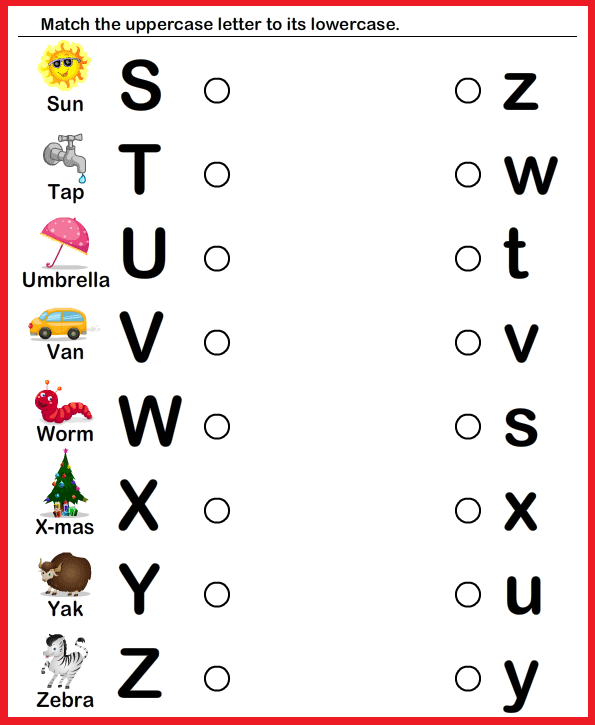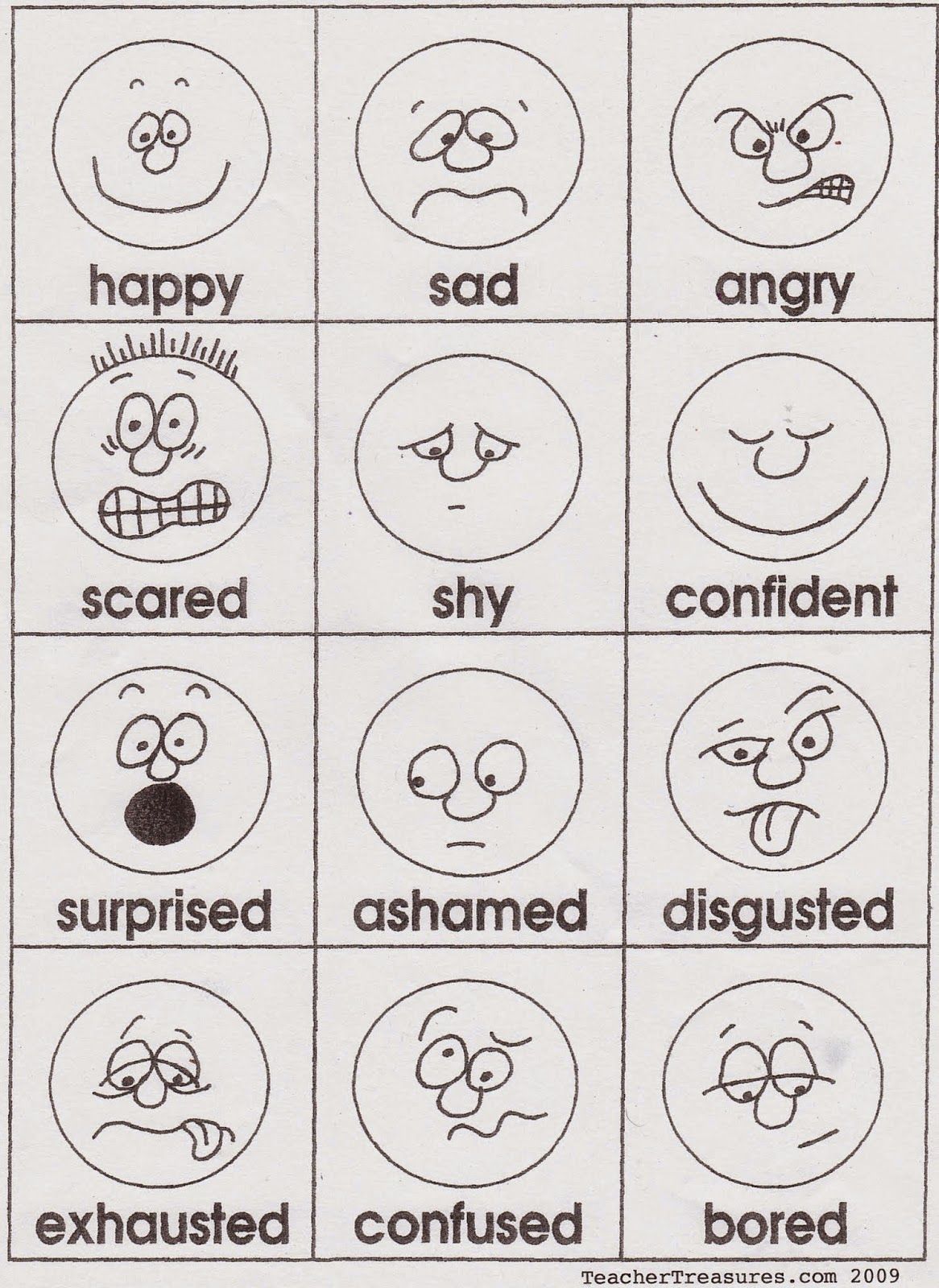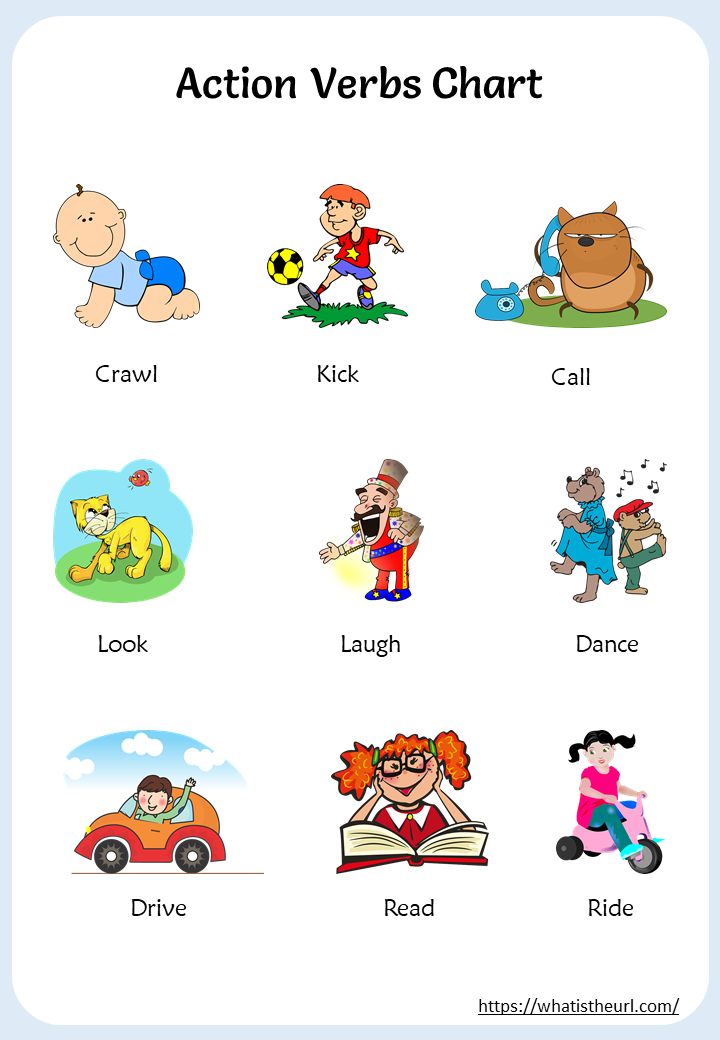What did goldilocks eat
Goldilocks and the Three Bears
seek 00.00.00 00.00.00 loading- Download
Picture by Bertie - a retake of the classic illustration by Walter Crane.
Duration 3:15.
Based on the Charming version by the Victorian writer Andrew Lang.
Read by Natasha.
Once upon a time there were three bears, who lived together in a house of their own in a wood. One of them was a little, small wee bear; one was a middle-sized bear, and the other was a great, huge bear.
One day, after they had made porridge for their breakfast, they walked out into the wood while the porridge was cooling. And while they were walking, a little girl came into the house. This little girl had golden curls that tumbled down her back to her waist, and everyone called her by Goldilocks.
Goldilocks went inside. First she tasted the porridge of the great, huge bear, and that was far too hot for her. And then she tasted the porridge of the middle bear, and that was too cold for her. And then she went to the porridge of the little, small wee bear, and tasted that. And that was neither too hot nor too cold, but just right; and she liked it so well, that she ate it all up.
Then Goldilocks went upstairs into the bed chamber and first she lay down upon the bed of the great, huge bear, and then she lay down upon the bed of the middle bear and finally she lay down upon the bed of the little, small wee bear, and that was just right. So she covered herself up comfortably, and lay there until she fell fast asleep.
By this time, the three bears thought their porridge would be cool enough, so they came home to breakfast.
“SOMEBODY HAS BEEN AT MY PORRIDGE!” said the great huge bear, in his great huge voice.
“Somebody has been at my porridge!” said the middle bear, in his middle voice.
Then the little, small wee bear looked at his, and there was the spoon in the porridge pot, but the porridge was all gone.
“Somebody has been at my porridge, and has eaten it all up!” said the little, small wee bear, in his little, small wee voice.
Then the three bears went upstairs into their bedroom.
“SOMEBODY HAS BEEN LYING IN MY BED!” said the great, huge bear, in his great, rough, gruff voice.
“Somebody has been lying in my bed!” said the middle bear, in his middle voice.
And when the little, small, wee bear came to look at his bed, upon the pillow there was a pool of golden curls, and the angelic face of a little girl snoring away, fast asleep.
“Somebody has been lying in my bed, and here she is!” Said the little, small wee bear, in his little, small wee voice.
Goldilocks jumped off the bed and ran downstairs, out of the door and down the garden path. She ran and she ran until she reached the house of her grandmama. When she told her grandmama about the house of the three bears who lived in the wood, her granny said: “My my, what a wild imagination you have, child!”
(Updated with shorter version September, 13, 2016).
She Doesn’t Always Get Away: Goldilocks and the Three Bears
It’s such a kind, cuddly story—three cute bears with a rather alarming obsession with porridge and taking long healthy walks in the woods (really, bears, is this any example to set to small children), one small golden haired girl who is just
hungry and tired and doesn’t want porridge that burns her mouth—a perfectly understandable feeling, really.
Or at least, it’s a kind cuddly story now.
In the earliest written version, the bears set Goldilocks on fire.
That version was written down in 1831 by Eleanor Mure, someone we know little of besides the name. The granddaughter of a baron and daughter of a barrister, she was apparently born around 1799, never married, was at some point taught how to use watercolors, and died in 1886. And that’s about it. We can, however, guess that she was fond of fairy tales and bears—and very fond of a young nephew, Horace Broke. Fond enough to write a poem about the Three Bears and inscribe it in his very own handcrafted book for his fourth birthday in 1831.
It must have taken her at least a few weeks if not more to put the book together, both to compose the poem and paint the watercolor illustrations of the three bears and St. Paul’s Cathedral, stunningly free of any surrounding buildings. In her version, all animals can talk. Three bears (in Mure’s watercolors, all about the same size, although the text claims that the third bear is “little”) take advantage of this speaking ability to buy a nice house in the neighborhood, already furnished.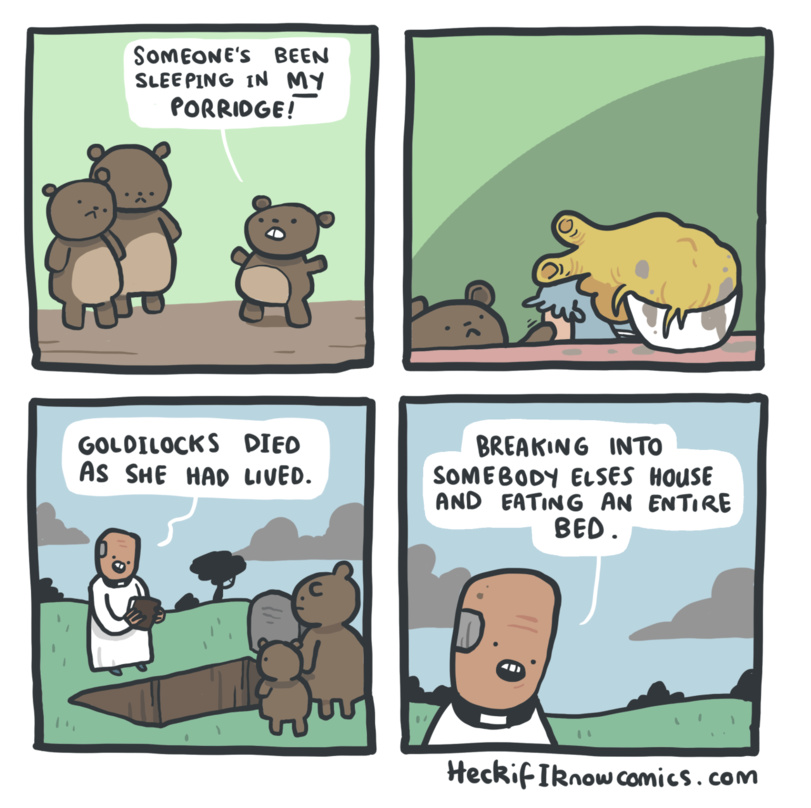
Almost immediately, they run into social trouble when they decide not to receive one of their neighbors, an old lady. Her immediate response is straight from Jane Austen and other books of manners and social interactions: she calls the bears “impertinent” and to ask exactly how they can justify giving themselves airs. Her next response, however, is not exactly something that Jane Austen would applaud: after getting told to go away, she decides to walk into the house and explore it—an exploration that includes drinking out of their three cups of milk, trying their three chairs (and breaking one) and trying out their three beds (breaking one of those as well). The infuriated bears, after finding the milk, the chairs and the beds, decide to take their revenge—first throwing her into a fire and then into water, before finally throwing her on top of the steeple of St. Paul’s Cathedral and leaving her there.
The poetry is more than a bit rough, as is the language—I have a bit of difficulty thinking that anyone even in 1831 would casually drop “Adzooks!” into a sentence, although I suppose if you’re going to use “Adzooks” at all (and Microsoft Word’s spell checker, for one, would prefer that you didn’t) it might as well be in a poem about bears. Her nephew, at least, treasured the book enough to keep it until his death in 1909, when it was purchased, along with the rest of his library, by librarian Edgar Osborne, who in turn donated the collection to the Toronto Public Library in 1949, which publicized the find in 1951, and in 2010, very kindly published a pdf facsimile online which allows all of us to see Mure’s little watercolors with the three bears.
Her nephew, at least, treasured the book enough to keep it until his death in 1909, when it was purchased, along with the rest of his library, by librarian Edgar Osborne, who in turn donated the collection to the Toronto Public Library in 1949, which publicized the find in 1951, and in 2010, very kindly published a pdf facsimile online which allows all of us to see Mure’s little watercolors with the three bears.
Mure’s poem, however, apparently failed to circulate outside of her immediate family, or perhaps even her nephew, possibly because of the “Adzooks!” It was left to poet Robert Southey to popularize the story in print form, in his 1837 collection of writings, The Doctor.
Southey is probably best known these days as a friend of Samuel Taylor Coleridge (the two men married two sisters). In his own time, Southey was initially considered a radical—though he was also the same radical who kindly advised Charlotte Bronte that “Literature is not the business of a woman’s life. ” To be somewhat fair, Southey may have been thinking of his own career: he, too, lacked the funds to focus completely on poetry, needing to support himself through nonfiction work after nonfiction work. Eventually, he accepted a government pension, accepting that he did not have a large enough estate or writing income to live on. He also moved away from his earlier radicalism—and some of this friends—though he continued to protest living conditions in various slums and the growing use of child labor in the earlier part of the 19th century.
” To be somewhat fair, Southey may have been thinking of his own career: he, too, lacked the funds to focus completely on poetry, needing to support himself through nonfiction work after nonfiction work. Eventually, he accepted a government pension, accepting that he did not have a large enough estate or writing income to live on. He also moved away from his earlier radicalism—and some of this friends—though he continued to protest living conditions in various slums and the growing use of child labor in the earlier part of the 19th century.
His prose version of “The Three Bears” was published after he had accepted that government pension and joined the Tory Party. In his version, the bears live not in a lovely, furnished country mansion, but in a house in the woods—more or less where bears might be expected to be found. After finding that their porridge is too hot, they head out for a nice walk in the woods. At this point, an old woman finds their house, heads in, and starts helping herself to the porridge, chairs and the beds.
It’s a longer, more elaborate version than either Mure’s poem or the many picture books that followed him, thanks to the many details Southey included about the chair cushions and the old lady—bits left out of most current versions. What did endure was something that doesn’t appear in Mure’s version: the ongoing repetition of “SOMEBODY’S BEEN EATING MY PORRIDGE,” and “SOMEBODY’S BEEN SITTING IN MY CHAIR.” Whether Southey’s original invention, or something taken from the earlier oral version that inspired both Mure and Southey, those repetitive sentences—perfect for reciting in different silly voices—endured.
Southey’s bears are just a little bit less civilized than Mure’s bears—in Southey’s words, “a little rough or so,” since they are bears. As his old woman: described as an impudent, bad old woman, she uses rough language (Southey, knowing the story would be read to or by children, does not elaborate) and doesn’t even try to get an invitation first. But both stories can be read as reactions to changing social conditions in England and France.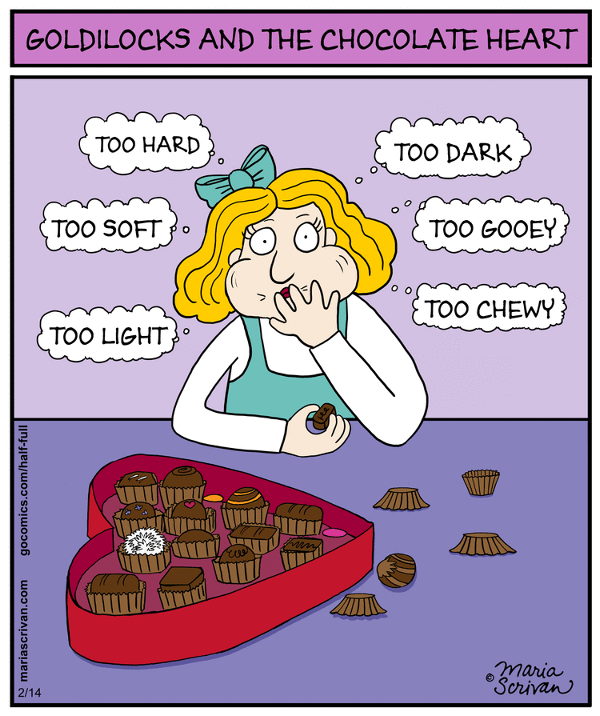 Mure presents her story as a clash between established residents and new renters who—understandably—demand to be treated with the same respect as the older, established residents, in a mirror of the many cases of new merchant money investing in or renting older, established homes. Southey shows his growing fears of unemployed, desperate strangers breaking into quiet homes, searching for food and a place to rest. His story ends with the suggestion that the old woman either died alone in the woods, or ended up getting arrested for vagrancy.
Mure presents her story as a clash between established residents and new renters who—understandably—demand to be treated with the same respect as the older, established residents, in a mirror of the many cases of new merchant money investing in or renting older, established homes. Southey shows his growing fears of unemployed, desperate strangers breaking into quiet homes, searching for food and a place to rest. His story ends with the suggestion that the old woman either died alone in the woods, or ended up getting arrested for vagrancy.
Southey’s story was later turned into verse by a certain G.N. (credited as George Nicol in some sources) on the basis that, as he said:
But fearing in your book it might
Escape some little people’s sight
I did not that one should lose
What will them all so much amuse,
As you might be gathering from this little excerpt, the verse was not particularly profound, or good; the book, based on the version digitized by Google, also contained numerous printing errors.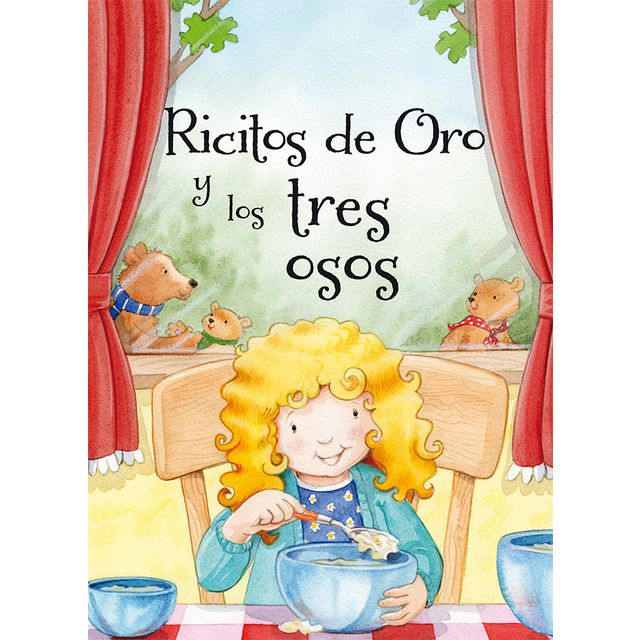 (The digitized Google version does preserve the changes in font size used for the bears’ dialogue.) The illustrations, however, including an early one showing the bears happily smoking and wearing delightful little reading glasses, were wonderful—despite the suggestion that the Three Bears were not exactly great at housekeeping. (Well, to be fair, they were bears.)
(The digitized Google version does preserve the changes in font size used for the bears’ dialogue.) The illustrations, however, including an early one showing the bears happily smoking and wearing delightful little reading glasses, were wonderful—despite the suggestion that the Three Bears were not exactly great at housekeeping. (Well, to be fair, they were bears.)
To be fair, some of the poetic issues stem from Victorian reticence:
Somebody in my chair has been!”
The middle Bear exclaim’d;
Seeing the cushion dented in
By what may not be named.
(Later Victorians, I should note, thought even this—and the verse that follows, which, I should warn you, suggests the human bottom – was far too much, ordering writers to delete Southey’s similar reference and anything that so much as implied a reference to that part of the human or bear anatomy. Even these days, the exact method that Goldilocks uses to dent the chair and later break the little bear’s chair are left discreetly unmentioned. )
)
Others stem from a seeming lack of vocabulary:
She burn’d her mouth, at which half mad
she said a naughty word;
a naughty word it was and bad
As ever could be heard.
Joseph Cundall, for one, was unimpressed, deciding to return to Southey’s prose version of the tale for his 1849 collection, Treasury of Pleasure Books for Young Children. Cundall did, however, make one critical and lasting change to the tale: he changed Southey’s intruder from an elderly lady to a young girl called Silver-Hair. Cundall felt that fairy tales had enough old women, and not enough young girls; his introduction also suggests that he may have heard another oral version of the tale where the protagonist was named Silver Hair. Shortly after publishing this version, Cundall went bankrupt, and abandoned both children’s literature and printing for the more lucrative (for him) profession of photography.
The bankruptcy did not prevent other Victorian children’s writers from seizing his idea and using it in their own versions of the Three Bears, making other alterations along the way. Slowly, the bears turned into a Bear Family, with a Papa, Mama and Baby Bear (in the Mure, Southey, G.N. and Cundall versions, the bears are all male). The intruder changed names from Silver Hair to Golden Hair to Silver Locks to, eventually, Goldilocks. But in all of these versions, she remained a girl, often a very young one indeed, and in some cases, even turned into the tired, hungry protagonist of the tale—a girl in danger of getting eaten by bears.
Slowly, the bears turned into a Bear Family, with a Papa, Mama and Baby Bear (in the Mure, Southey, G.N. and Cundall versions, the bears are all male). The intruder changed names from Silver Hair to Golden Hair to Silver Locks to, eventually, Goldilocks. But in all of these versions, she remained a girl, often a very young one indeed, and in some cases, even turned into the tired, hungry protagonist of the tale—a girl in danger of getting eaten by bears.
I suspect, however, that like me, many small children felt more sympathy for the small bear. I mean, the girl ate his ENTIRE BREAKFAST AND BROKE HIS CHAIR. As a small child with a younger brother who was known for occasionally CHEWING MY TOYS, I completely understood Baby Bear’s howls of outrage here. I’m just saying.
The story was popular enough to spawn multiple picture books throughout the nineteenth and twentieth centuries, which in turn led to some authors taking a rather hard look at Goldilocks. (Like me, many of these authors were inclined to be on the side of Baby Bear.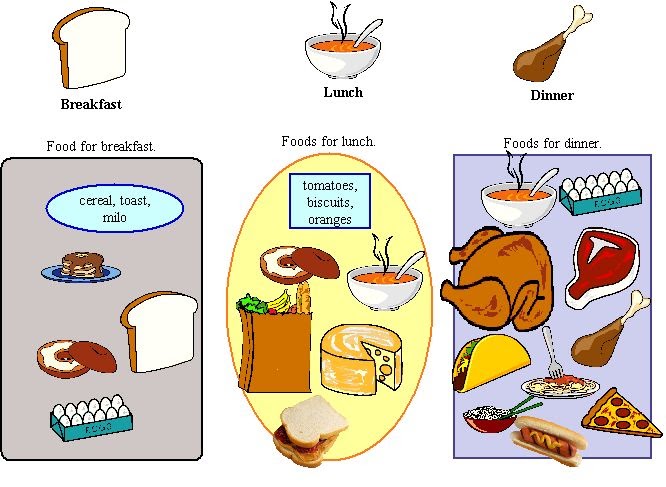 ) Many of the versions took elaborate liberties with the story—as in my personal recent favorite, Goldilocks and the Three Dinosaurs, by Mo Willems, recommended to me by an excited four year old. Not only does it change the traditional porridge to chocolate pudding, which frankly makes far more sense for breakfast, it also, as the title might have warned, has dinosaurs, though I should warn my adult readers that alas, no, the dinosaurs do not eat Goldilocks, which may be a disappointment to many.
) Many of the versions took elaborate liberties with the story—as in my personal recent favorite, Goldilocks and the Three Dinosaurs, by Mo Willems, recommended to me by an excited four year old. Not only does it change the traditional porridge to chocolate pudding, which frankly makes far more sense for breakfast, it also, as the title might have warned, has dinosaurs, though I should warn my adult readers that alas, no, the dinosaurs do not eat Goldilocks, which may be a disappointment to many.
For the most part, the illustrations in the picture books range from adequate to marvelous—a far step above the amateur watercolors so carefully created by Mure in 1837. But the story survived, I think, not because of the illustrations, but because when properly told by a teller who is willing to do different voices for all three bears, it’s not just exciting but HILARIOUS, especially when you are three. It was the start, for me, of a small obsession with bears.
But I must admit, as comforting as it is on some level to know that in most versions, Goldilocks does get safely away (after all, in the privacy of this post, I must admit that my brother was not the only child who broke things in our house, and it’s kinda nice to know that breaking a chair won’t immediately lead to getting eaten by bears) it’s equally comforting to know that in at least one earlier version, she didn’t.
Mari Ness lives in central Florida.
citation
Fairy tale Goldilocks, Czech folk tale
Once upon a time there was a king. Once an unfamiliar old woman came to him, brought a fish and said: “Order to cook this fish and eat it today at dinner. Then you will understand everything that any animal says.”
The king generously paid the old woman, called his servant Irzhik and ordered him to cook fish for dinner.
“Just look,” said the king, “do not try it yourself. Don't blow your head off." Irzhik took the fish and carried it to the kitchen. “No, come what may, and I will try what kind of fish it is,” he decided. When the fish was ready, Irzhik pinched off a small piece and swallowed it. At that very moment he heard what the hens were talking about in the yard. As if nothing had happened, the young man took the dish to the royal chambers and put it on the table.
After dinner, the king ordered Irzhik to serve a goblet of wine.
Irzhik took the jug and started pouring wine.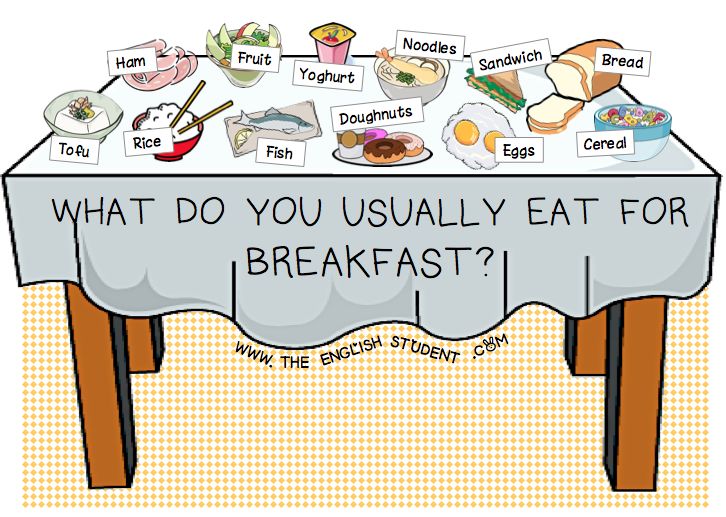 At that moment, a bird flew in through the open window. She held three golden hairs in her paws, and another was chasing her and twittering: “Give it back, give it back! They are mine, not yours!” “But I was the first to notice how they fell to the floor when Princess Goldilocks combed her curls.” Then the second bird ran into the first and began to snatch its prey from it. Irzhik listened to the birds and spilled the wine. In the end, the birds got a single hair, and the third hair fell and, hitting the floor, rang like pure gold. The king guessed that Irzhik also understood the language of birds, and shouted: “You spilled the wine because you were listening to what the birds were arguing about! Tomorrow you will be hanged." “Ah, merciful king! - exclaimed Irzhik. - Have mercy on me!
At that moment, a bird flew in through the open window. She held three golden hairs in her paws, and another was chasing her and twittering: “Give it back, give it back! They are mine, not yours!” “But I was the first to notice how they fell to the floor when Princess Goldilocks combed her curls.” Then the second bird ran into the first and began to snatch its prey from it. Irzhik listened to the birds and spilled the wine. In the end, the birds got a single hair, and the third hair fell and, hitting the floor, rang like pure gold. The king guessed that Irzhik also understood the language of birds, and shouted: “You spilled the wine because you were listening to what the birds were arguing about! Tomorrow you will be hanged." “Ah, merciful king! - exclaimed Irzhik. - Have mercy on me!
“Didn't I tell you not to try magic fish,” said the king. “Come on, find Princess Goldilocks and bring her to my palace.” Then I'll have mercy on you."
Irzhik saddled a horse, took a bag of food and a purse with money on the road and rode aimlessly. He looks - at the edge of the forest, a bush is burning, and under it is an anthill. "Irzhik, help us!" the ants scream. Irzhik jumped off his horse and stamped out the fire. “Thank you, Irzhik,” the ants say. “If you need help, just remember us.” Irzhik laughed and drove on. He drives up to a tall spruce. He looks: there is a nest at the top, and below two crows squeak: “Help, Irzhik! Feed us!" Irzhik untied the bag of food from his saddle and threw it to the crows. “Thank you, Irzhik,” the crows croaked. "If it's hard for you, remember us."
He looks - at the edge of the forest, a bush is burning, and under it is an anthill. "Irzhik, help us!" the ants scream. Irzhik jumped off his horse and stamped out the fire. “Thank you, Irzhik,” the ants say. “If you need help, just remember us.” Irzhik laughed and drove on. He drives up to a tall spruce. He looks: there is a nest at the top, and below two crows squeak: “Help, Irzhik! Feed us!" Irzhik untied the bag of food from his saddle and threw it to the crows. “Thank you, Irzhik,” the crows croaked. "If it's hard for you, remember us."
Irzhik went to the seashore.
And on the shore, two fishermen are arguing: they will not share the caught fish in any way. “I will reconcile you, brothers,” says Irzhik. “Sell me your fish and share the money equally.” He gave the fishermen all his money and released the fish into the sea. She merrily splashed her tail and said: “Thank you, Irzhik! If you ever need help, remember me."
And the fishermen found out from Irzhik where he was heading, and took him to the island, where Goldilocks lived with her father in a crystal palace.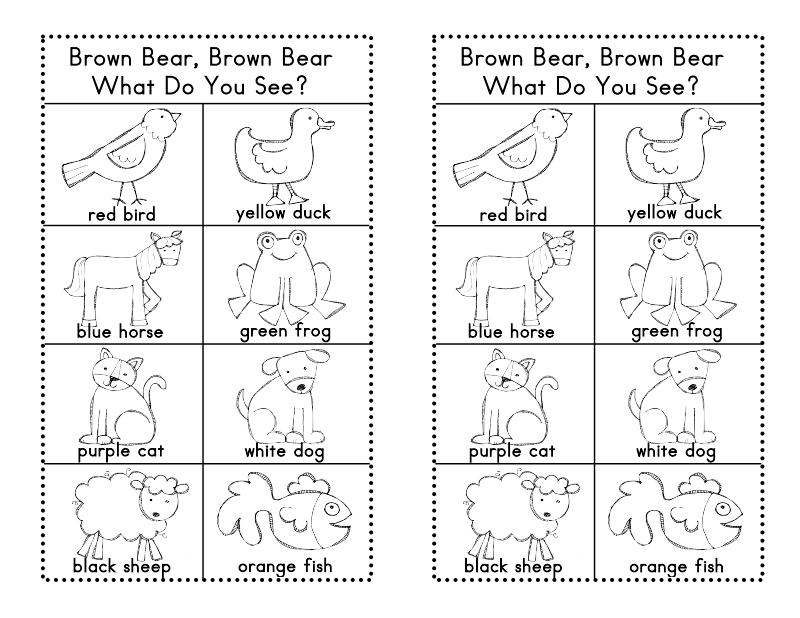
Here comes Irzhik to the crystal palace, bows and asks the king to give Goldilocks in marriage to his master.
“I don't know if your master is worth a bride like my daughter,” the king answers. “But if you solve three problems, I will give my daughter for your king, and if you don’t solve it, I will order you to be executed.”
The next day, in the morning, the king says to Irzhik: “My daughter had a pearl necklace, but the thread broke, and the pearls scattered across the green lawn. Go and collect them."
Irzhik came to the lawn, and the lawn is wide - try to find pearl seeds! “Here,” the young man thinks, “you have to be an ant.” Before Irzhik had time to look back, the ants dragged pearls to his feet, all to one. Irzhik thanked the ants and carried the pearls to the king.
The king was surprised that Irzhik found all the pearls so quickly. “Here’s another task for you,” he says. - My daughter was swimming in the sea and dropped her precious ring. Find it and bring it.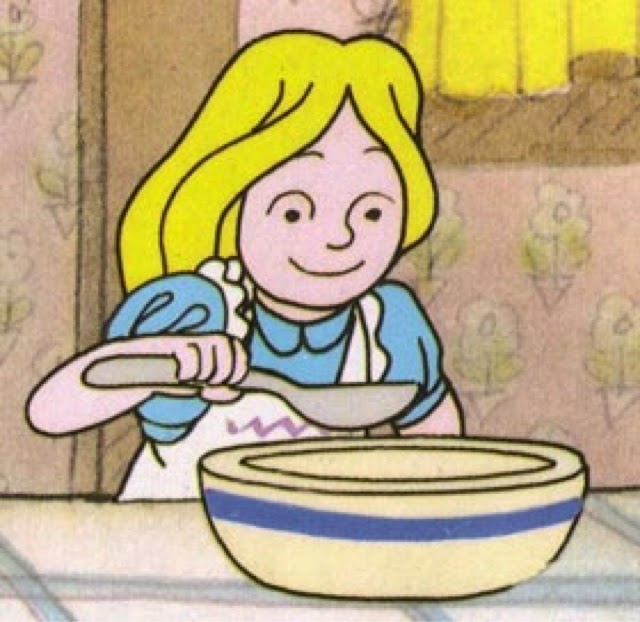 "
"
Irzhik came to the sea and thinks: "You have to be a fish, not a man, to solve such a problem." Look - and the fish is right there, and brings him a ring. Irzhik thanked the fish and carried the ring to the king.
The king praised him, and the next day he sets a new task for the young man. “Get me now,” he says, “live and dead water for me.”
Irzhik is coming, he doesn't know where. Only the prophetic raven knows where these keys from under the ground beat. As soon as he thought this, crows flew to him with two vials: in one living water, in the other - dead. Irzhik thanked them and carried both vials to the palace.
- You coped with all the tasks, - said the king-father, - I will give my daughter in marriage to your master.
Irzhik brought Goldilocks to the palace of his king. The king rejoiced, he would not see enough of the beautiful bride with golden hair. Immediately he ordered to prepare for the wedding, and thanked Irzhik, forgave him and made him his chief adviser.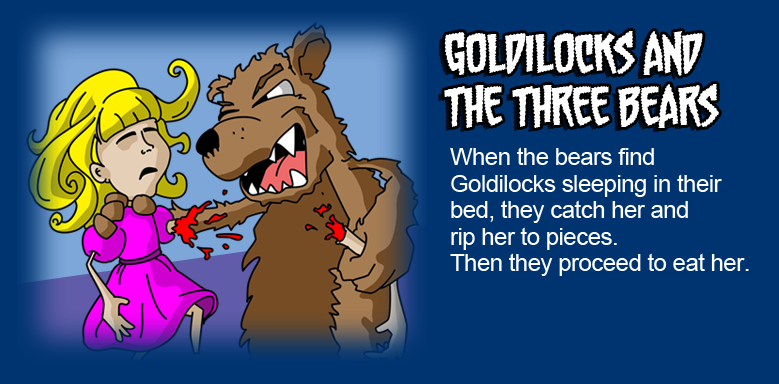
Illustrations: Y. Shchetinina.
Goldilocks (2) - Czech fairy tale
- Details
- Category: Czech fairy tale
Once upon a time there was a king who was so smart that he even understood the speech of animals. Here's how he learned it. One day an old woman came to him, brought a fish in a basket and said:
- Tell this fish to fry and eat it. Then you will understand the speech of all animal creatures that walk on the earth, swim in the sea and fly through the air.
The king was glad that he would learn what no one else could. He generously paid the old woman, called his servant Irzhik and ordered him to cook the fish for dinner:
- Just watch yourself don’t eat a single piece, otherwise you won’t be blown off your head!
Irzhik marveled at such a ban.
“Having never seen such a fish! he thought. - Looks a lot like a snake. And how can the cook not taste the dish he prepares!
And when the fish was ready, Irzhik took a piece and ate it.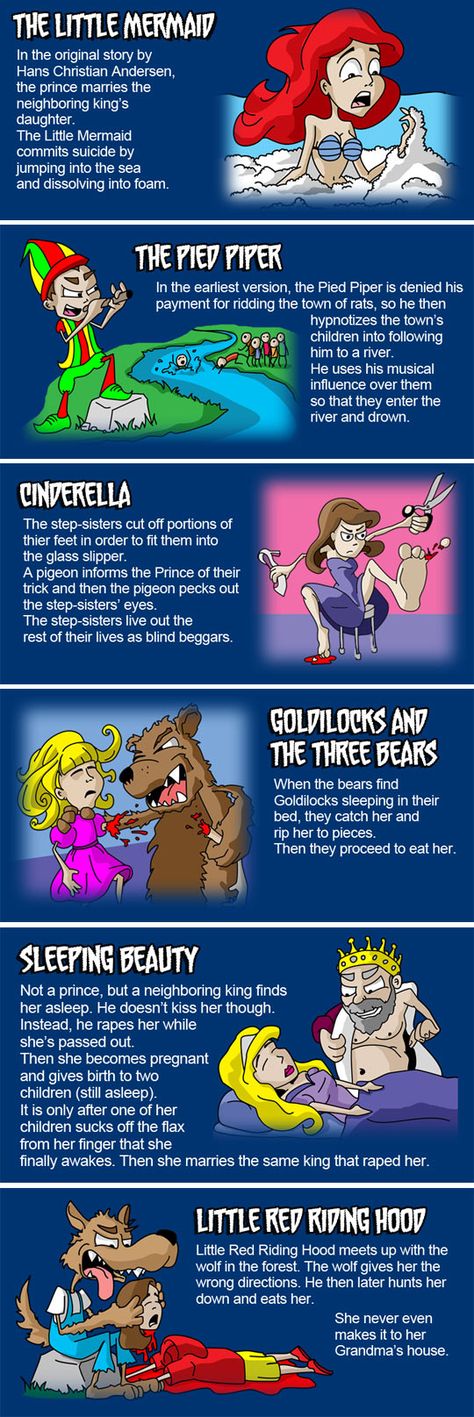 Then he suddenly heard thin voices:
Then he suddenly heard thin voices:
- And we have a piece!
Irzhik looked around. There was no one around except flies flying around the kitchen. A guttural voice was heard in the street:
— Where did you go? Where did they go?
Softer voices answered:
- To the miller in the barley field, to the miller in the barley field!
Irzhik looked out the window and saw a gander and a flock of geese.
"Aha," Irzhik said to himself, "that's what this fish is like!"
Now he already knew what was the matter. And, having swallowed another piece, he, as if nothing had happened, carried the dish to the royal chambers and served it on the table.
After dinner, the king ordered Irzhik to saddle his horses and accompany him on a walk. The king rode ahead, and Irzhik followed him. As they rode across the green lawn, Irzhik's horse danced and neighed:
— Oh-hoo, brother! It's so easy for me that I want to jump over the mountains!
- And I would have galloped, - answered the king's horse, - but I have an old man on me: if you gallop, he will fall down and break his neck.
- Well, let him break it, - said the first horse: - instead of the old one, you will carry the young one.
Hearing this conversation, Irzhik laughed heartily, but slowly, so that the king would not notice. However, the king, who also understood the conversation of the horses, looked back at Irzhik and, seeing that he was laughing, asked:0005 - What are you laughing at?
- So, your royal grace, I remembered something.
But the king has already suspected Irzhik. He didn't trust horses either, so he turned and rode home.
In the palace, the king ordered Irzhik to pour wine into a goblet:
— But look, if you overfill or underfill, don't blow your head off.
Irzhik took a jug of wine and began to pour. At this time, two birds flew in through the window. One was chasing the other, which held three golden hairs in its beak.
- Give it back, give it back! the stalker insisted. - They are mine!
- I won't give it to you! They are mine, I raised them!
- And I noticed how they fell when the beauty combed her golden hair. Give me two!
Give me two!
- I won't give you one!
Then the second bird caught up with the first and grabbed the golden hairs. On the fly, they took away the find from each other, and each turned out to have a hair, and one hair fell and rang, hitting the floor. Irzhik looked around... and poured the wine.
- You can't live now! the king exclaimed. “But if you find that golden-haired beauty and bring her to me as a wife, then I will have mercy on you.”
What was Irzhik to do? In order not to lose his head, he had to go in search of a beauty, although he did not know where to look for her.
So he saddled his horse and rode aimlessly. I drove up to a dense forest. He sees a bush burning at the edge: the shepherds set it on fire. And under the bush - an anthill, sparks fall directly on it. The ants are alarmed, running around with their testicles.
- Oh, help, Irzhik, help, - the ants pleaded, - otherwise we will burn down together with our kids!
Irzhik jumped off his horse, cut down a bush and put out the fire.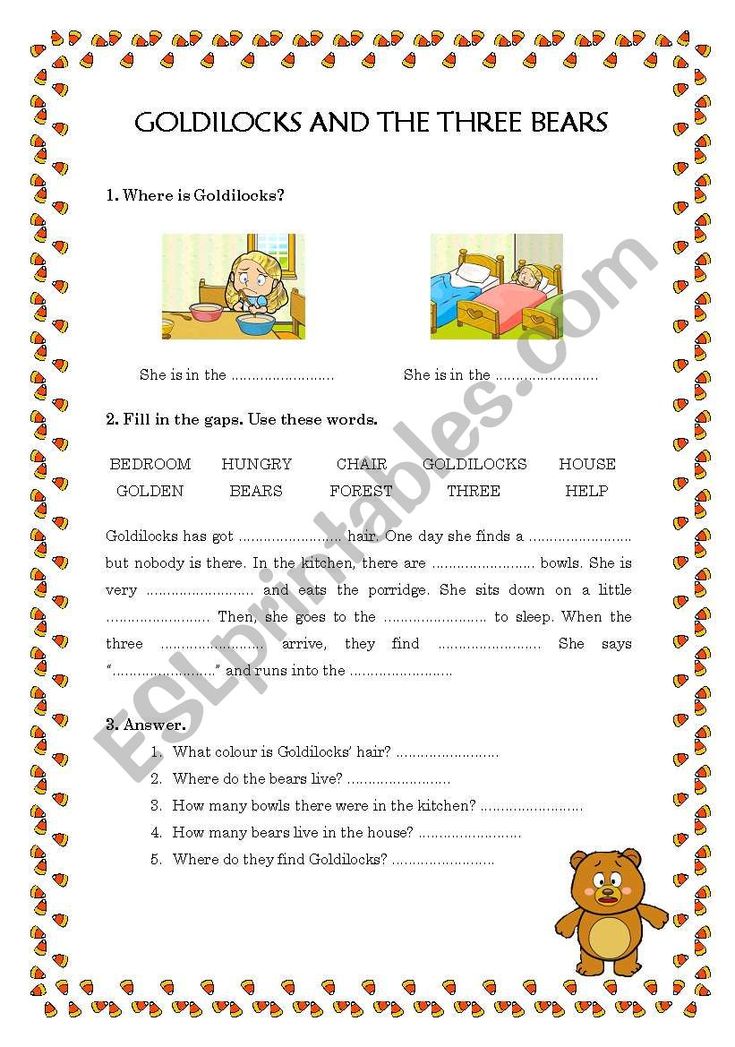
“Thank you,” the ants say. If you ever need our help, remember us, we will help you.
Irzhik drove through the forest and drove up to a tall spruce. At the top of it was a crow's nest, and below, on the ground, two crow cubs squealed plaintively:
- Our parents have flown away, we have to earn our own food, and we, poor fools, still don't know how to fly. Help us, Irzhik, feed us, otherwise we will die of hunger!
Irzhik, without thinking twice, jumped off his horse, plunged his sword into his side and left the dead horse to the crows.
- Thank you! the crows croaked merrily. If you need our help, remember us.
Irzhik had to go further on foot. For a long time he walked through the forest and finally came to the boundless sea. Two fishermen were arguing on the shore: they got into the net of a goldfish, and each wanted to take it for himself.
- My net is mine and the catch! one shouted.
- What would be the use of your network, if not my boat and not my help? another objected.

- Let's catch another fish like this - it will be yours.
- No matter how! Give me this one and wait for another one.
- I will reconcile you, - said Irzhik: - sell me your fish, and divide the money equally. I will pay you well.
And he gave the fishermen all the money he got from the king for the road. The fishermen were happy with the bargain, and Irzhik put the fish back into the sea. The fish splashed merrily in the water, dived, then stuck its head out:
- Thank you, Irzhik! If you ever need my help, remember me.
And disappeared into the waves.
- Where are you going? the fishermen asked Irzhik.
I'm going to get a bride for my master, the old king. He needs a golden-haired beauty, but I don’t know where to find her.
"We can tell you," the fishermen say. “The golden-haired beauty is the daughter of the king who lives over there on the island, in the crystal palace. Every day at dawn, she combs her golden hair, and from them the radiance goes through the sky and over the sea. If you want, we will take you to the island for reconciling us so nicely. Just keep in mind, you need to choose the right one: the king has twelve daughters, and only one of them has golden hair.
If you want, we will take you to the island for reconciling us so nicely. Just keep in mind, you need to choose the right one: the king has twelve daughters, and only one of them has golden hair.
Having landed on the island, Irzhik went to the crystal palace to ask the king to give his golden-haired daughter in marriage to him, Irzhik, the king.
- All right, - said the king, - I will marry my daughter. But in return, you must complete my tasks for three days, one each day. Tomorrow we will start, but for now, rest.
The next morning the king says:
My Goldilocks had a necklace of expensive pearls. The thread broke, and the pearls scattered across the lawn, in the tall grass. Collect them all so that none is lost.
Irzhik went to the lawn, and the lawn is big and wide. He began to crawl, search, searched from morning until noon, found nothing.
— Eh, — says Irzhik, — if my ants were here, they would help me!
- We're here to help you! - he heard in response, and ants, out of nowhere, crawled around him. - What do you want?
- What do you want?
- I must collect pearls on this lawn, but I do not see any.
- Wait, we'll collect.
And soon the ants collected a whole handful of pearls. Irzhik could only string them on a string.
He had already tied a thread when another ant hobbled along, lame, his leg was burned in the fire.
- Wait, Irzhik! yells the lame ant. Don't tie the thread, I'm bringing you another pearl.
Irzhik brought the necklace to the king, he counted the pearls - all of them were intact.
“Nicely you accomplished the task,” says the king. I'll give you another one tomorrow.
In the morning Irzhik comes to the king, and he says:
- My daughter was swimming in the sea and dropped her golden ring. Find it and bring it.
Irzhik came to the sea and wandered sadly along the shore. The sea was calm, but so deep that you could not see the bottom, let alone find a Goldilocks ring in it.
- Oh, if there was a goldfish here, it would help me!
Something flashed in the sea, and a golden fish swam out of the depths of the waters:
— I'm here and I'll help you! What do you need?
- I need to find a golden ring in the sea, but I can't even see the bottom.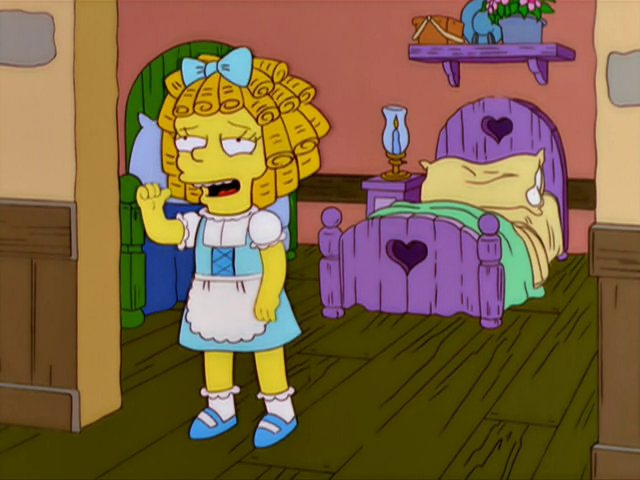
- I just met a pike, it has that golden ring on its fin. Wait a bit, I'll get it for you.
Soon the fish returned from the depths and brought Irzhik a golden ring.
The king again praised Irzhik, and on the third day he again asked him a problem:
- If you want me to marry my Goldilocks to your king, bring me living and dead water.
Irzhik did not know where to look for water, and went aimlessly until he came to a dense forest.
- Eh, if my crows were here, they would help me!
Then wings flapped above his head, and out of nowhere - both crows.
“We are here,” they croak, “and we will help you!” What do you want?
- I must get living and dead water, but I don’t know where to look for it.
— But we know well. Wait a bit, we'll bring it.
And soon they brought Irzhik two bottles full of water: in one - alive, in the other - dead. Rejoicing that he was so lucky, Irzhik hurried to the royal castle.
On the way, at the edge of the forest, he sees a web.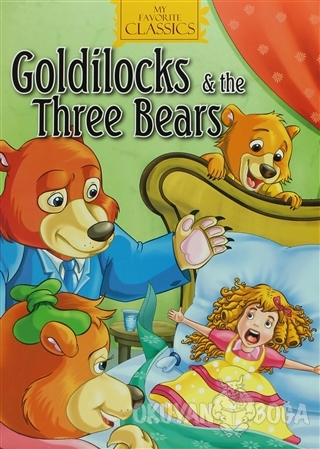 A huge spider sits in the middle and drinks blood from a fly. Irzhik took a bottle of dead water, splashed it on the spider, and it fell dead to the ground. Irzhik splashed living water on the fly from another eggplant, and the fly huddled in the web, got out of it and flew up into the air.
A huge spider sits in the middle and drinks blood from a fly. Irzhik took a bottle of dead water, splashed it on the spider, and it fell dead to the ground. Irzhik splashed living water on the fly from another eggplant, and the fly huddled in the web, got out of it and flew up into the air.
“For your luck, you resurrected me, Irzhik,” she buzzed. “Without me, you can’t guess which of the twelve princesses is Goldilocks.”
The king, seeing that Irzhik had completed the third task, announced that he was giving him his daughter.
- But you have to choose it yourself.
And he led Irzhik into a large hall, where twelve beauties were sitting at a round table, all on the same face. Each had a large, snow-white veil that hid her hair.
"Here are my daughters," says the king. - Guess which one is Goldilocks - you can take her with you. If you don’t guess, then it’s not destiny, you are going alone.
Irzhik was confused, not knowing what to do. Then someone buzzed near his ear:
- W-w-w, go around the table, I'll tell you.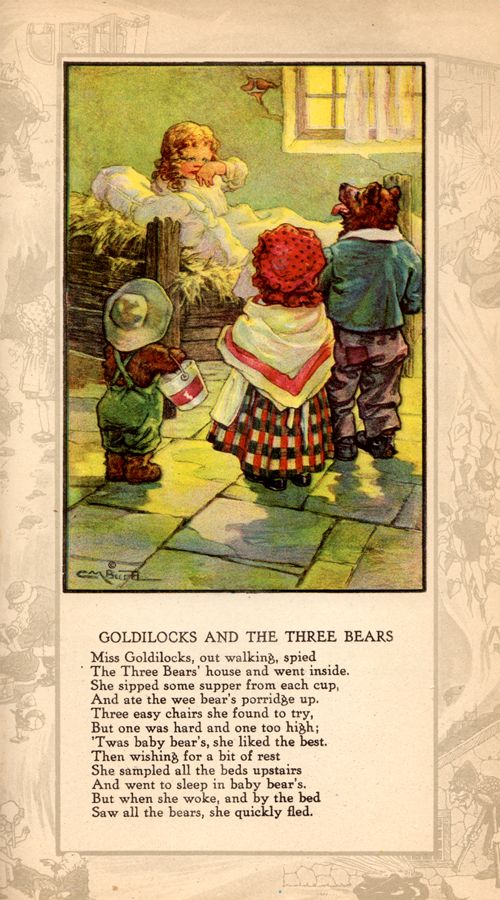
It was a fly that Irzhik revived.
He went around the table, and a fly flies after him and buzzes:
— This is not the one... and this is not the same... and this one... But this is she, Goldilocks.
- Give me this daughter! Irik exclaimed. “I deserve it for my king.
- You guessed it! said the king.
And the daughter got up from the table, threw off the coverlet, and her golden hair scattered in magnificent waves to the very ground.
Everything lit up around, as if at sunrise. Irzhik even narrowed his eyes.
Then the king gave his daughter everything that was supposed to be on the road, and Irzhik went home with the bride for his master.
The old king's eyes lit up, and he almost jumped for joy when he saw Goldilocks. Preparations for the wedding began immediately. And the king says to Irzhik:
- I wanted to hang you for disobedience, so that your corpse would be devoured by crows, but because you served me well, I only order you to cut off your head and bury with honor.